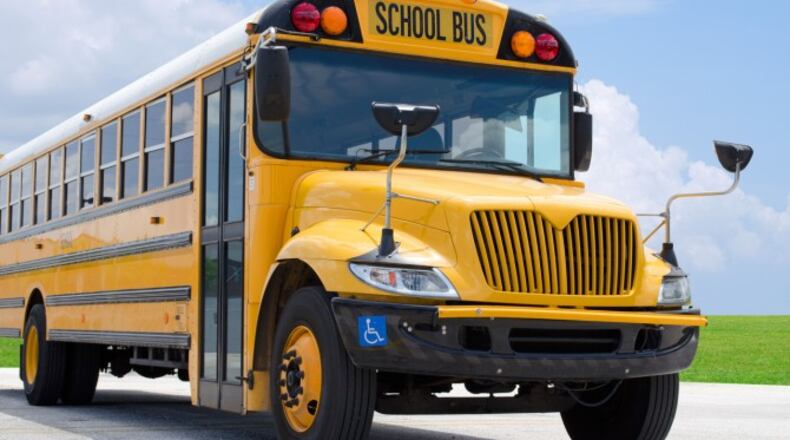RELATED: Religious group sues over private-school bill
The Senate has not yet addressed the new House language, and the voucher provisions could be affected by a pending Ohio Supreme Court challenge.
Senate Education Committee Chairwoman Peggy Lehner, R-Kettering, said the House made some good changes, particularly to stop school district takeovers, but the bill now includes major policy changes that deserve more discussion.
“There are a lot of questions that we have not looked at,” Lehner said. “There’s just a lot of moving parts here that have not been debated.”
The House’s private-school voucher language would grandfather in students who are currently receiving taxpayer-paid vouchers based on the academic performance of their home public school, as well as their siblings.
A legislative analysis says new performance-based vouchers would be prohibited in most circumstances, but the language refers vaguely to exceptions for students who meet “certain conditions” enacted last week in Senate Bill 120. That bill appropriated $10 million to pay for vouchers for first-time-eligible students.
The bill would change the existing income-based EdChoice voucher system to the Buckeye Opportunity Scholarship. Existing recipients would also be grandfathered in for that system, and the income threshold for family eligibility would rise from 200% of the federal poverty level to 250% (about $65,000 for a family of four).
Priority for the tuition assistance vouchers would be given to the lowest income families, but the bill analysis says families between 250% and 300% of the poverty level could be available for pro-rated vouchers.
FRIDAY: Legislature approves delay in voucher program
Catholic schools receive the largest number of voucher students locally. Representatives of the Archdiocese of Cincinnati could not be reached for comment Thursday on the new House bill, but last month parents should be able to choose schools that match their values.
A synopsis of the state takeover portion of the bill says current Academic Distress Commissions would be required to “transition control of the district from the ADC and chief executive officer back to the district board by June 30, 2020, at which point the ADC will be dissolved.”
The bill would also repeal a provision that requires a school district to restructure any school building that is ranked for three consecutive years in the lowest 5% of all Ohio public schools by performance index on state tests.
The bill also would require the Ohio Department of Education to review Ohio’s current school improvement process and its budgetary requirements, to make recommendations for improvement to the state school board by the end of 2020.
Dayton Public Schools had faced potential state takeover last year before legislators approved a temporary moratorium. The district also scored a D on its state report card, meaning it would have avoided takeover without the moratorium.
DPS Superintendent Elizabeth Lolli could not be reached for comment Thursday about the House-approved changes.
Just before the vote on the bill, multiple members of the House suggested this should be just a first step toward totally revamping Ohio’s education system. That’s a touchy subject, as educators have for years balanced a desire for improvements with the exhaustion of rules that seem to change nearly every year.
EARLIER: Rushed process on school vouchers worries some
“It’s been very elusive for many of us in this room as we’ve tried to struggle along and make Ohio schools a better place. And we know today is not the end,” House Speaker Larry Householder said, referring to upcoming bills to change funding, testing and state report cards. “There’s much more to do to give our children a better opportunity in this state, to help our public schools and help our private schools as well. … But I can’t say how proud I am to be a part of this.”
House Minority Leader Emilia Strong Sykes (D-Akron) agreed with Householder’s desire to address funding and the report card, and added as another topic, oversight of private schools receiving taxpayer money.
“Our fight to restore the Ohio Promise of a good, quality public education continues,” Sykes said. “House Democrats held firm throughout this process that we would not vote for a bill that hurt our public schools. The bill we passed today is far from perfect, but of all the options we have been offered so far, it provides the most help for our public schools.”
Laura A. Bischoff of the Columbus bureau contributed to this report.
About the Author

